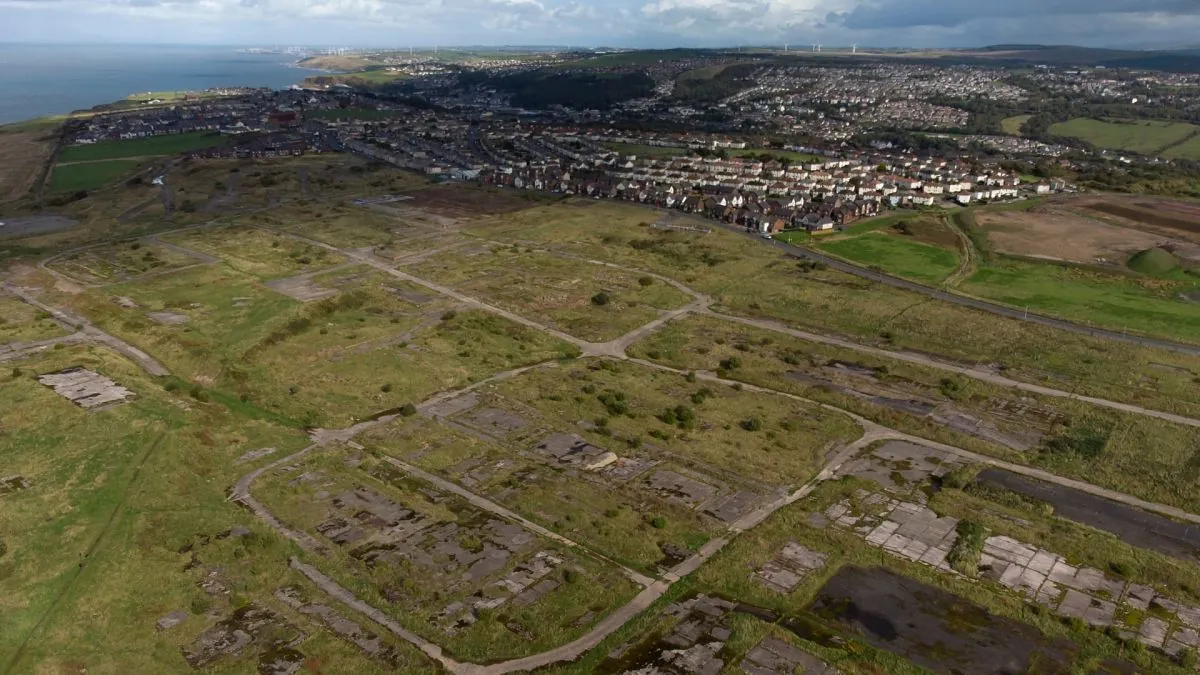In a landmark decision, a UK High Court judge has halted plans for the nation's first new coal mine in three decades. The ruling, delivered by Justice David Holgate, marks a significant victory for environmental groups who challenged the project's claims of zero net impact on global emissions.
The proposed mine, which would have been located in Whitehaven, Cumbria, approximately 550 kilometers northwest of London, was intended to extract coking coal for steelmaking. However, the project faced strong opposition from climate activists and local environmental groups.
Justice David Holgate stated, "The assumption that the proposed mine would not produce a net increase in greenhouse gas emissions, or would be a net zero mine, is legally flawed." This decision aligns with a June 2023 UK Supreme Court ruling that mandated planners to consider greenhouse gas emissions from extracted fossil fuels when reviewing drilling permits.
The legal challenge was brought forth by Friends of the Earth and South Lakes Action on Climate Change, who contested the government's approval of the mine's development. Niall Toru, an attorney representing Friends of the Earth, hailed the decision as "fantastic news and a huge victory for our environment."
The ruling reflects a shifting political landscape in the UK. The current Labour government, elected in July 2023, had already distanced itself from the project, which was initially approved by their Conservative predecessors in 2022. This change in stance aligns with the UK's ambitious climate goals, including generating 100% of electricity from clean energy sources by 2035 and achieving net-zero carbon emissions by 2050.
It's worth noting that the UK has a long history with coal mining. The country's first commercial coal mine opened in 1575 near Gateshead, and at its peak in 1913, the industry employed 1.1 million workers. However, the last deep coal mine in the UK, Kellingley Colliery, closed in 2015, marking the end of an era.
The proposed Whitehaven mine would have extracted coking coal, which is essential for steel production. However, opponents argued that the demand for such coal would decrease as the UK steel industry transitions to more environmentally friendly methods. For instance, Britain's largest steelmaking operation in Port Talbot, Wales, owned by Tata Steel, is moving from coal-fired blast furnaces to electric arc furnaces, which can reduce carbon emissions by up to 80%.
This transition is crucial, considering that the steel industry is responsible for about 7% of global CO2 emissions. The UK steel industry currently employs around 33,700 people directly and supports a further 42,000 jobs in supply chains, highlighting the importance of a sustainable transition.
The court's decision sends the project back to the government for reconsideration. As the UK continues its shift towards renewable energy, with targets such as 50 GW of offshore wind capacity by 2030, the future of fossil fuel projects in the country remains uncertain.
"This is fantastic news and a huge victory for our environment and everyone who has fought against this climate-damaging and completely unnecessary coal mine. The case against it is overwhelming: it would have huge climate impacts, its coal isn't needed and it harms the U.K.'s international reputation on climate."
This ruling not only impacts the proposed mine but also sets a precedent for future fossil fuel projects in the UK, reinforcing the country's commitment to its climate goals and sustainable development.
